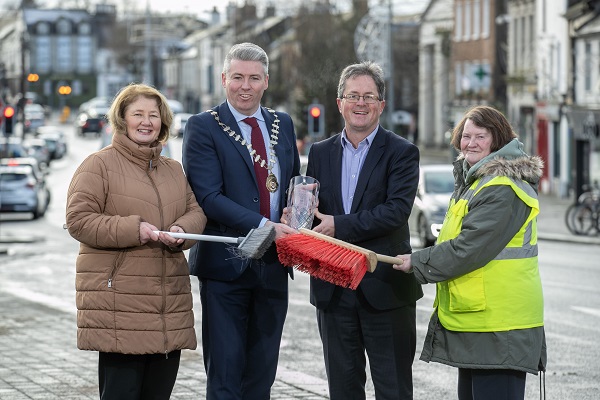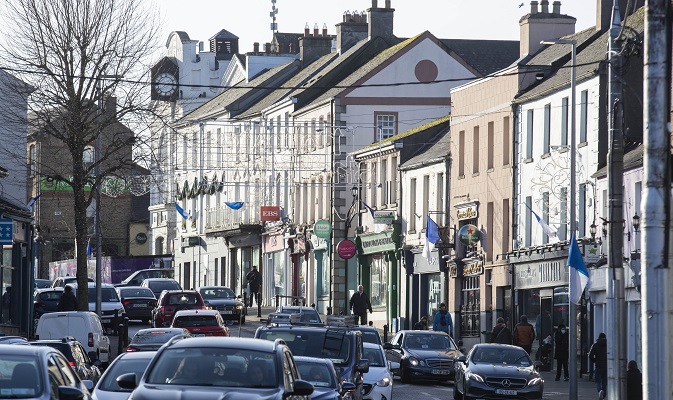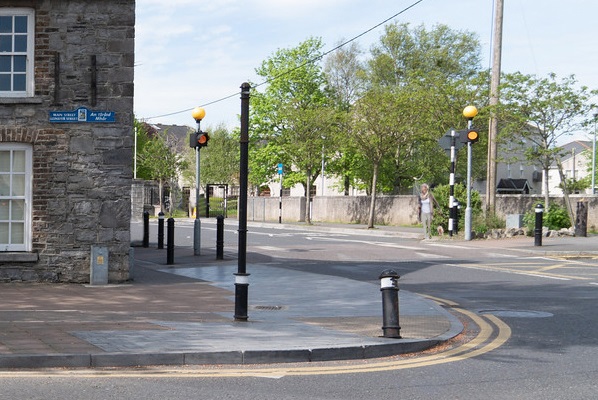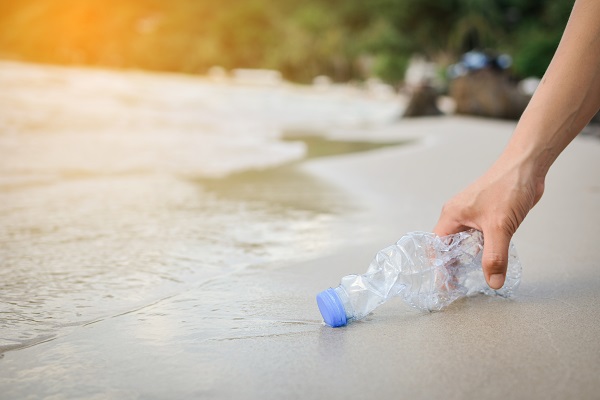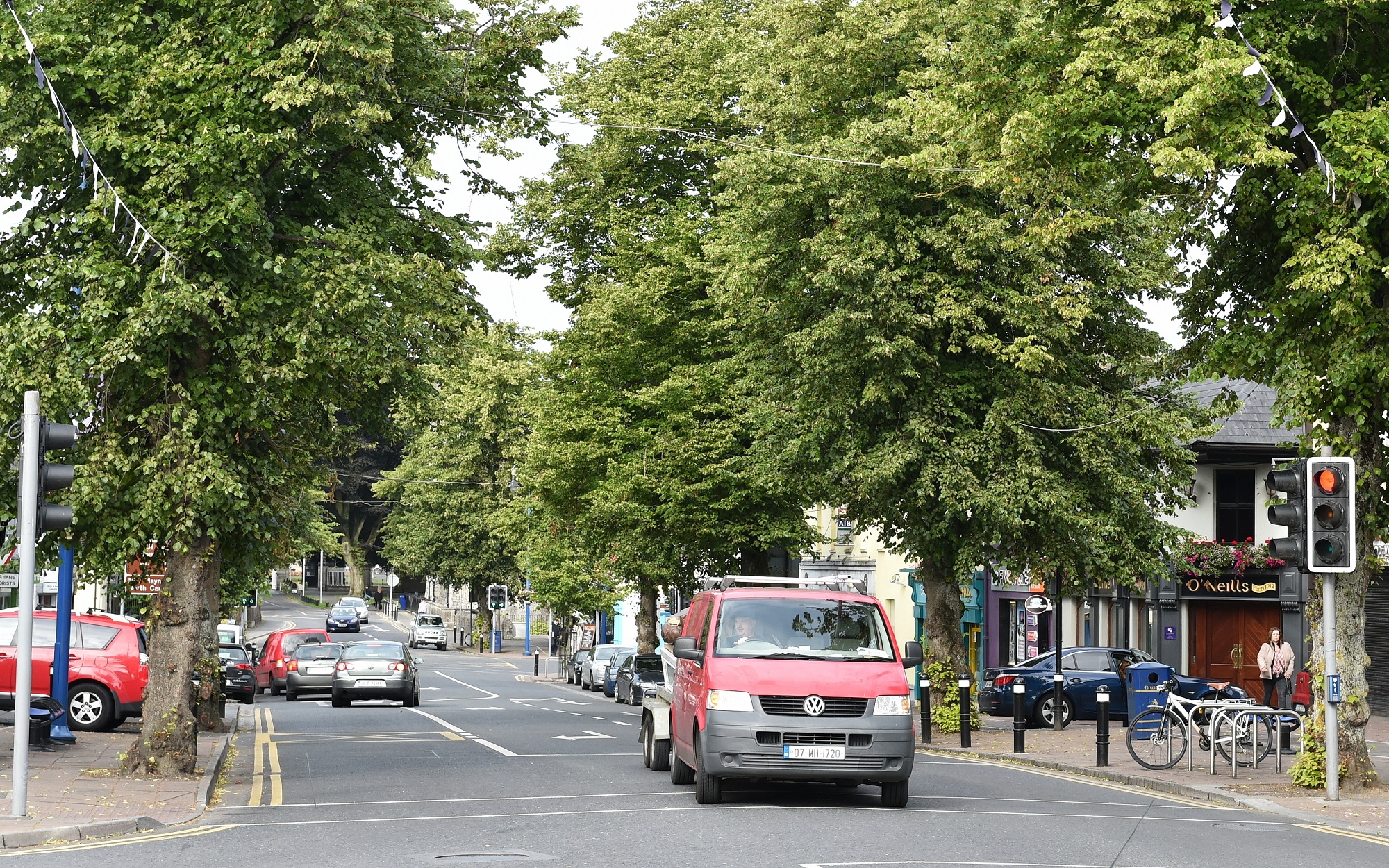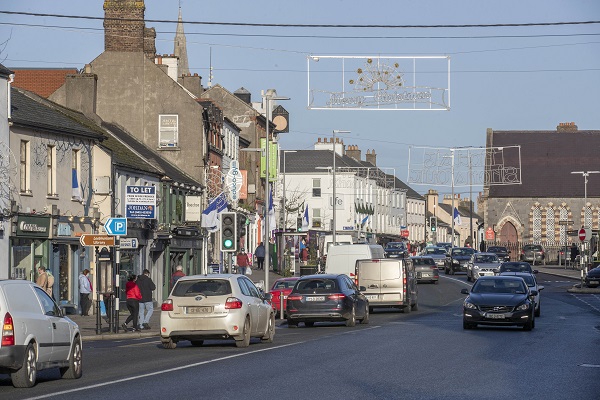
Nationwide survey reveals fewest number of ‘clean’ towns since 2007
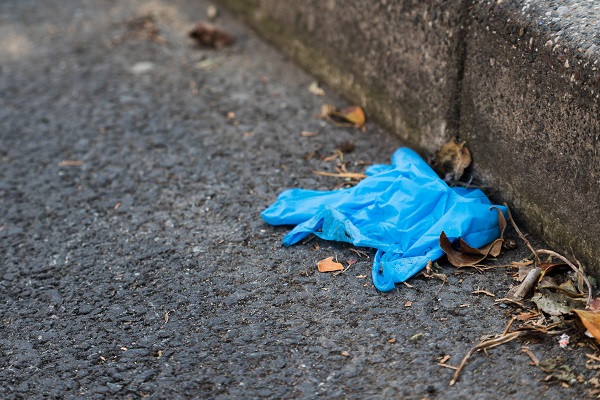
The first nationwide litter survey by business group Irish Business Against Litter (IBAL) since the Covid-19 crisis shows a dramatic fall in the number of towns and cities deemed to be ‘clean’, to its lowest level since 2007. Cities fared particularly badly, with Dublin, Galway and Limerick city centres all losing their clean status. Kilkenny was again judged best of the 40 towns and cities surveyed, with ‘seriously littered’ Dublin North Inner City at the foot of the table. The survey showed PPE litter to be widespread and a rise in the prevalence of cans and glass bottles.
An Taisce, who carried out the survey, deemed 23 towns to be ‘clean’, a fall of over 20% on last year. The number of towns reaching the highest cleanliness level – Cleaner than European Norms – dropped by a quarter to 9, with Kilkenny edging out Athlone, Killarney and Portlaoise at the top of the rankings.
While no area was branded a “litter blackspot”, North Inner City Dublin was once again seriously littered, as was Galvone in Limerick City, which fell back from last year. By contrast, Dublin’s Ballymun was among the few areas to improve on 2019, its Main Street praised as “very well presented, with a virtual absence of litter throughout”.
“The rise in litter levels this year is across the board,” says IBAL’s Conor Horgan. “The Covid crisis has seen more dumping, more outdoor socialising, especially drinking, and PPE litter, but less cleaning by local authorities and less activity by volunteers like Tidy Towns – a perfect storm, in many ways, which has brought us to the worst position we’ve been in in over 10 years.”
In the fight against Covid-19, local authorities have curtailed cleaning schedules and diverted resources to other areas. At the same time, households have been generating more litter during lockdown and there has been a visible increase in drinking outdoors as pubs are closed, a fact borne out by the rise in bottles and cans found by the An Taisce inspectors, Galway City being one example. However, there was a reduction in cigarette butts, perhaps also a reflection of pubs and offices being closed. Half of all recycle facilities surveyed were heavily littered, another likely consequence of the Covid crisis.
PPE litter was prevalent across the country, with masks 5 times as common as gloves. “Understandably, people are reluctant to pick up these items for fear of contracting Covid, so they tend to stay on the ground. We need to see a rapid rise in the use of reusable masks,” says Conor Horgan.
The number of very bad sites within towns explained the overall deterioration in cleanliness. “It is a source of particular frustration that those sites which we had identified last year as heavily littered were – for the most part – not cleaned up in the interim.” Of 61 sites described as either heavily littered or blackspots in 2019, fewer than 40% were clean in this latest survey. “We’ve been saying for years that the most immediate way to improve a town or city is to focus on the bad areas – clearly this is not being done.”
Among the very bad sites surveyed, “heavy levels of litter abounded” at Galvone Business Park in Limerick, while the area’s recycle facility was “subject to dumping on a monumental scale”. There were “major accumulations of food related and other miscellaneous items within the water” in the Canal at Ossary Road in Dublin, while St Patrick’s Park in Navan was “one of the worst sites seen by IBAL in recent years” with “heavy levels of dumping of large scale household items such as mattresses, couches and black sacks.”
“In these exceptional times, when councils’ resources are stretched, civic responsibility is called for more than ever,” says Conor Horgan. “The mantra ‘we’re all in this together’ extends to the proper disposal of waste, not least waste that is prone to contamination. With fewer people available or willing to pick up litter, the message has to be ‘don’t litter in the first place.’”
2020 is the 18th year of the IBAL Anti-Litter League.

